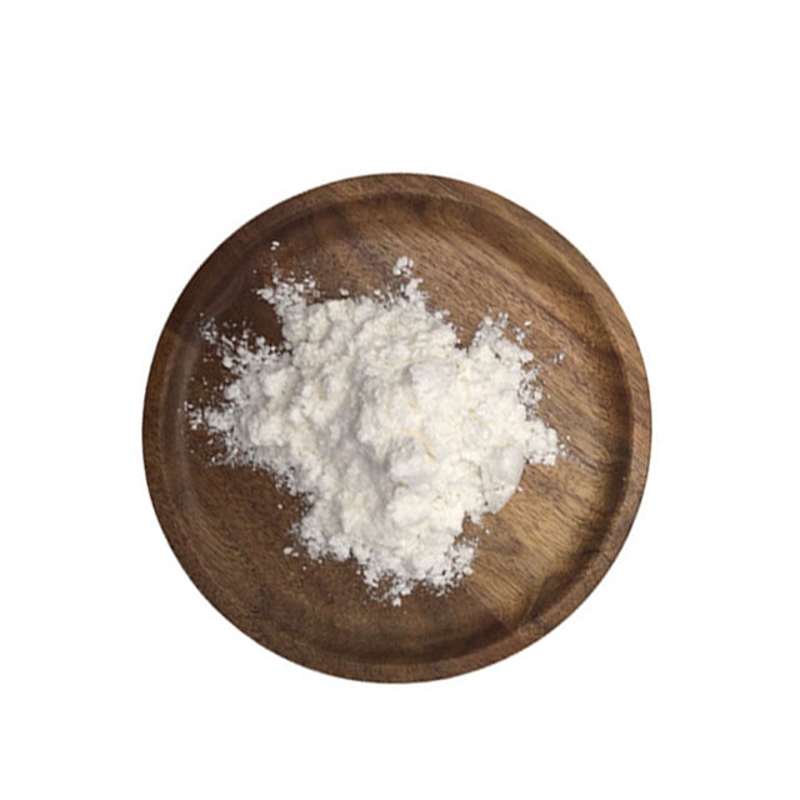-
Categories
-
Pharmaceutical Intermediates
-
Active Pharmaceutical Ingredients
-
Food Additives
- Industrial Coatings
- Agrochemicals
- Dyes and Pigments
- Surfactant
- Flavors and Fragrances
- Chemical Reagents
- Catalyst and Auxiliary
- Natural Products
- Inorganic Chemistry
-
Organic Chemistry
-
Biochemical Engineering
- Analytical Chemistry
- Cosmetic Ingredient
-
Pharmaceutical Intermediates
Promotion
ECHEMI Mall
Wholesale
Weekly Price
Exhibition
News
-
Trade Service
Gastric cancer is one of the most common cancer deaths worldwide, the most common metastasis in stomach cancer is the spread of the peritoneum, which leads to poor prognosis, the peritoneal diffusion is characterized by the spread of cancer cells and fibrosis in the peritoneal space, and the fibrous tissue caused by peritoneal diffusion can cause fatal diseases such as intestinal obstruction, jaundice and kidney water, leading to inhalation pneumonia, liver failure and renal function, which is the direct cause of death.
therefore, controlling peritoneal diffuse fibrosis is necessary to improve the therapeutic effect.
interleukin-17A (IL-17A) is common in various tumor tissues and is an immunomonitored biomarker for tumor suppression, although il-17A's main cell source has long been considered to be CD4-positive T lymphocytes (Th17 cells), several recent studies have reported on a variety of adaptive and congenital immune cell types, including gamma T cells, natural killer (NK) T cells, NK cells, and cell-fat cells. the main source of IL-17A in the primary cancer
is fat cells, and the amount of IL-17A secreted by fat cells is associated with low overall survival.
therefore, in this study, we explored which cells are the main source of IL-17A and the relationship between tissue fibrosis and IL-17A in the peritoneal diffusion of stomach cancer.
researchers conducted trials in 70 patients with peritoneal diffuse stomach cancer.
the correlation between IL-17A and fibrosis is examined through immunofluorescence and immunohistochemical chemistry.
also transplanted tumor cell subcutaneously to the back of a naked mouse based on coculture cells (HPMC and human gastric cancer cell line MKN-45) and established a fibrosis tumor model.
explore the effects of treating mice with or without IL-17A.
results showed a significant correlation between the number of positive cells of hypertrophic and hypertrophic trypsin (MCT) and the degree of fibrosis (r s 0.417, P -lt;0.01).
in mouse models, IL-17A enhances tumor progression and fibrosis.
, human interperinal intersolicuta cells treated with IL-17A showed increased migration.
therefore, we can judge that IL-17A from hypertrophic cells promotes tumor fibrosis in the peritoneal diffusion of stomach cancer, and that inhibiting hypertrophy of hypertrophic cells may be a promising treatment strategy for controlling organ fibrosis.
.







